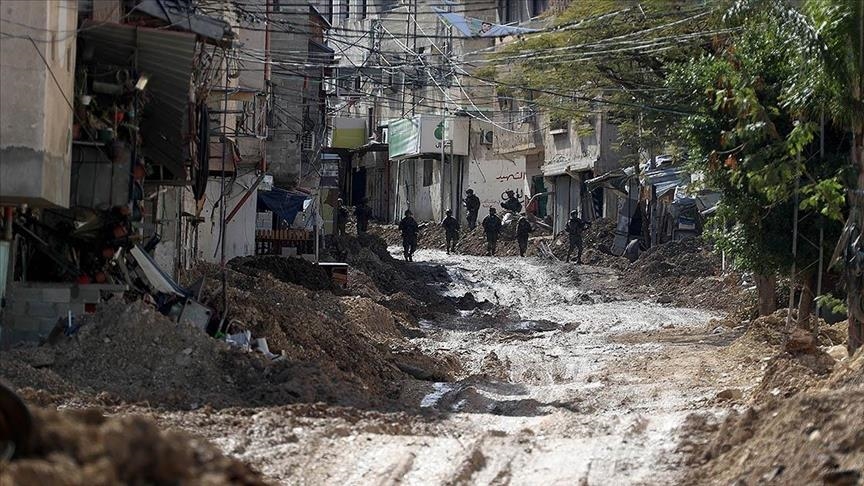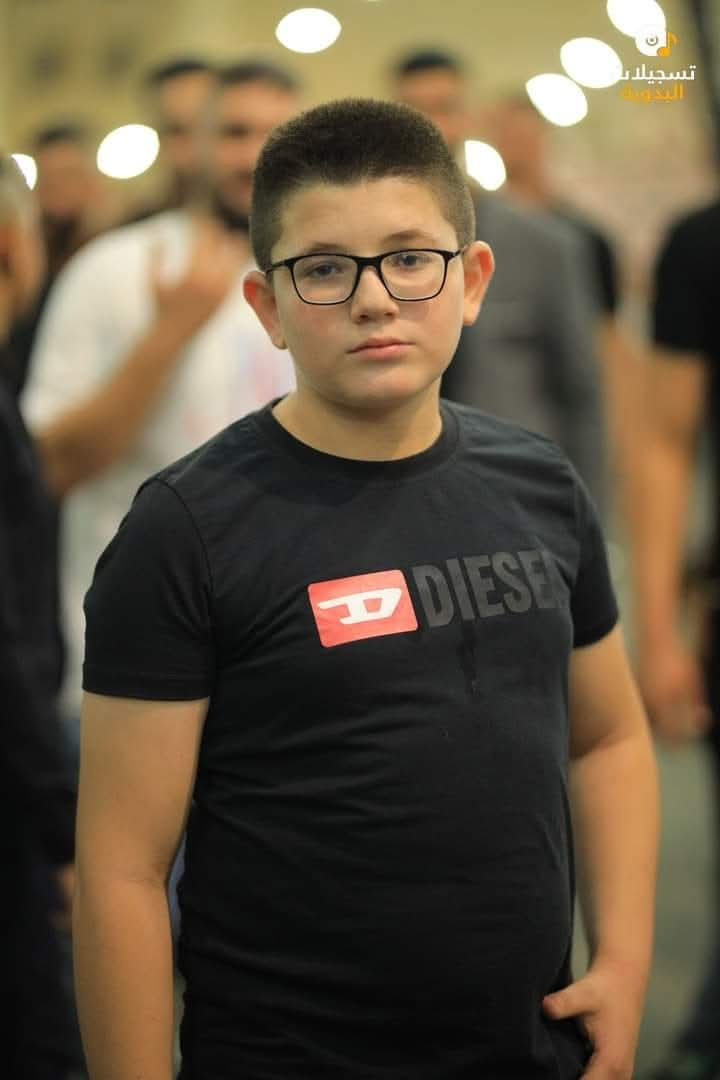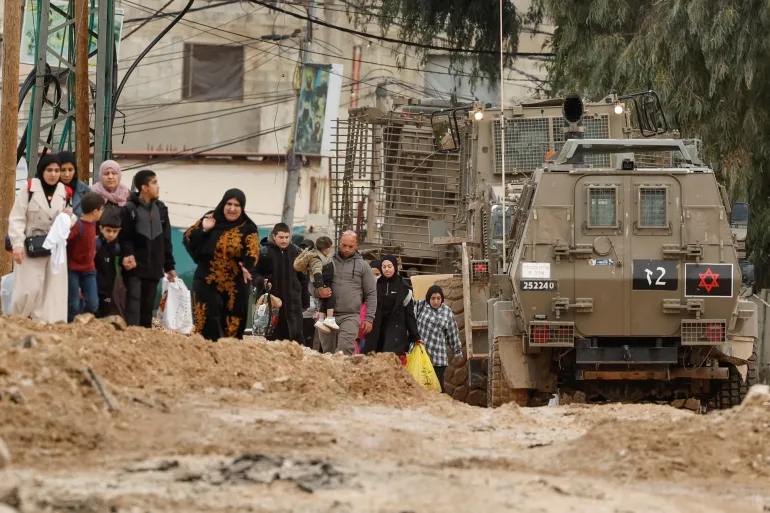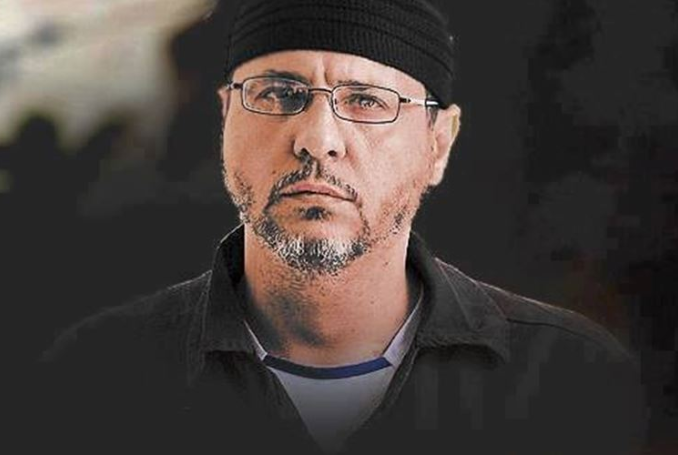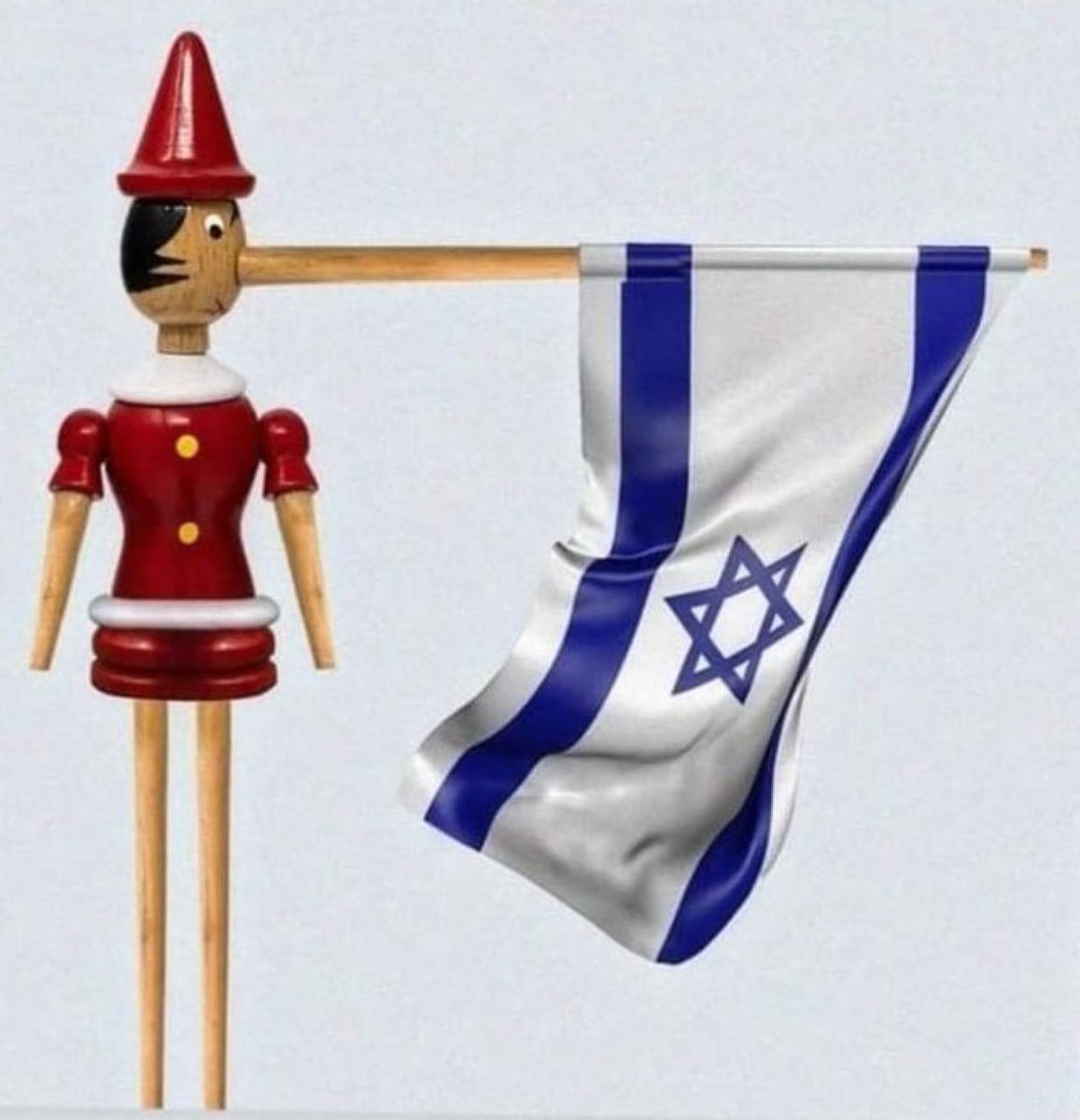Israel’s ongoing attack on the Jenin refugee camp in the northern occupied West Bank is an extension of its large-scale aggression against the Palestinian people and their land.
Since the international community has remained mostly silent about Israel’s aggressive strategy against the Palestinians, the occupation has been able to escalate its military assault and reach new parts of the Occupied Palestinian Territory. With its latest campaign in Jenin, Israel threatens to repeat its genocide against Palestinians in the Gaza Strip, which has killed and injured roughly 158,000 Palestinians and destroyed over 70% of the Strip’s buildings, in the West Bank.
The Israeli occupation army launched its most recent attack last Tuesday afternoon (21 January), when Israeli special forces infiltrated the Jenin camp. This was followed by the arrival of numerous soldiers and military vehicles, the launch of attack and drone aircraft, and the Israeli military and political leadership’s declaration that a massive military operation known as the “Iron Wall” had begun.
As part of a larger security effort to seek out members of armed Palestinian factions under the guise of maintaining security, the Palestinian security services had been occupying the Jenin camp for 48 days. The security services withdrew in tandem with the Israeli incursion.
Nine Palestinians, including a child, were killed, and 40 others were wounded when Israeli occupation forces launched multiple airstrikes, dropped bombs from quadcopter drones, and opened fire on Palestinians attempting to flee the camp.
Two members of armed Palestinian factions were besieged in a house in the town of Burqin, west of Jenin, and then killed extrajudicially by the occupation forces the day after the operation.
Under the supervision of “quadcopter” aircraft, Israeli occupation forces also illegally ordered the residents to evacuate the neighbourhoods they had overrun in the Jenin camp. Israeli forces conducted a campaign of home raids and searches, arrested civilians, and purposefully set fire to civilians’ homes and damaged the camp’s infrastructure. Dozens of Palestinians were abused and questioned by Israeli forces before eventually being permitted to leave the camp. Other residents were forced by members of the occupation army to follow specific routes and were inspected and questioned in groups.
According to a security official quoted by Israel’s Channel 14, the Israeli Cabinet’s decision prompted the start of the Jenin campaign. The official declared: “We are starting a massive campaign in the northern West Bank that could go on for several months. We will act there just as we did in Gaza. They will be left in ruins by us.”
Euro-Med Monitor expresses deep concern over a parallel campaign launched by the Palestinian security services against civilians and members of Palestinian factions as they attempted to flee the Jenin camp and a few nearby villages in the governorate. Following Israel’s incursion into the camp, Palestinian security forces repositioned themselves outside the camp and in nearby villages, where they arrested a number of civilians and members of factions who had managed to flee the camp due to the threat of the Israeli military assault.
The systematic practice of making arrests, particularly of individuals attempting to flee life-threatening military operations, is a grave human rights violation that goes against the Palestinian Authority’s applicable local and international legal obligations.
The International Covenant on Civil and Political Rights, to which Palestine has acceded without reservation, guarantees the right to liberty and security of person, as well as the right to be free from arbitrary arrest or detention. Thus, the practice of arbitrary detention without due process is a blatant violation of international law.
Additionally, the detention of these individuals is a public attempt to degrade and mistreat Palestinians, with horrifying photos of their arrest and torture—e.g. their being beaten, dragged, and trampled on by those with shoes on—being posted on social media platforms. To spread terror among Palestinians and foster a culture of fear, silence, and powerlessness, detainees are being coerced into making false statements, including apologies to the security services, in an attempt to diminish their dignity and take advantage of them under threats of torture.
The fact that these photos are released with the consent of the people who commit these violations shows that their actions are premeditated, rather than unintentional. This indicates that the decision to publish the images is being made with the express purpose of compromising the detainees’ human dignity.
These acts clearly violate the State of Palestine’s obligations under international law and are crimes defined by both international law and Palestinian domestic legislation, particularly the Palestinian Basic Law. They also blatantly contradict the fundamental principles of dignity and personal freedom.
Given the decades-long impunity it has been granted by the international community, Israel is being encouraged to increase its aggression against Palestinians in the region. Israel could potentially commit the crime of genocide, which it has subjected Palestinians in the Gaza Strip to for more than 15 months, to Palestinians in the West Bank.
In its 2004 advisory opinion on the legal ramifications of the wall’s construction in the Occupied Palestinian Territory, the International Court of Justice affirmed that Israel, as the occupying power of the Palestinian territory, does not have the right to defend itself when it comes to addressing the security threats it invokes, provided that the threats originate within the occupied Palestinian territories that Israel controls.
The international community needs to step in right now to protect Palestinian civilians and put an end to Israel’s operation in the West Bank. Israel has repeatedly stated its intention to annex the West Bank and establish sovereignty over it, which has led to the military operation.
The international community must support the Palestinian people’s right to self-determination in accordance with international law, guarantee their right to live in freedom and dignity, and work to end Israeli settler colonialism and the illegal Israeli occupation of Palestinian territories. It must also dismantle Israel’s apartheid and isolationist system against the Palestinians, lift the illegal siege of the Gaza Strip, ensure that all Israeli perpetrators are held accountable and prosecuted, and guarantee that all Palestinian victims receive compensation and redress.
Pressure must also be applied by all pertinent parties to the Palestinian Authority to cease making arbitrary arrests and to revoke any measures that violate the Palestinian people’s fundamental rights and jeopardise their right to self-determination.
Investigations into the circumstances surrounding the arrest of citizens in connection with the ongoing Israeli military operation and the publication of degrading photographs—a practice that has been used repeatedly since the Palestinian security services besieged the Jenin camp—must be conducted by the appropriate authorities. The only way to secure the protection of human rights and the dignity of Palestinian citizens in the face of continuous Israeli violations is to hold accountable the perpetrators of these violations, and make sure that such oppressive practices are stopped and not repeated in the future.
Euro-Med Human Rights Monitor

